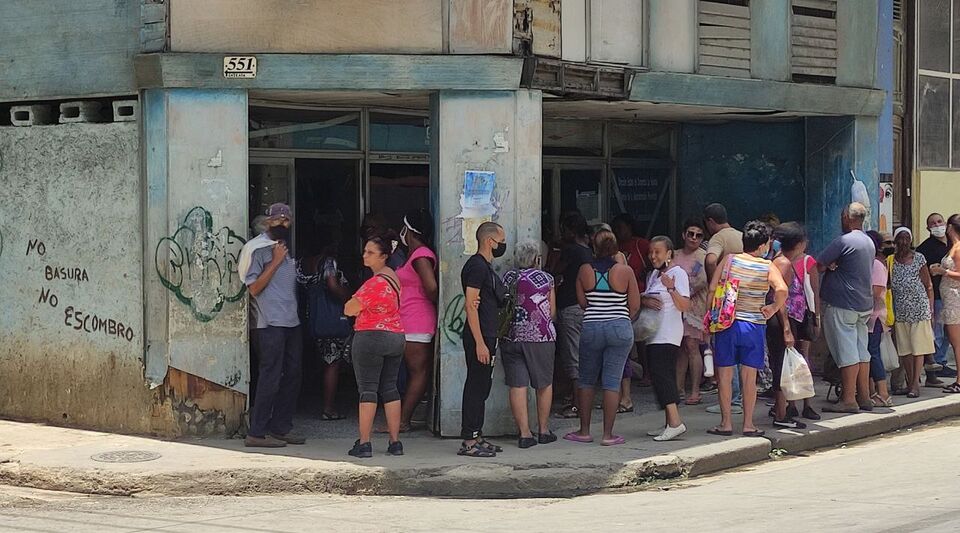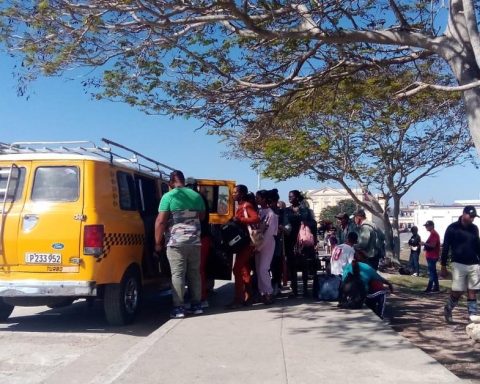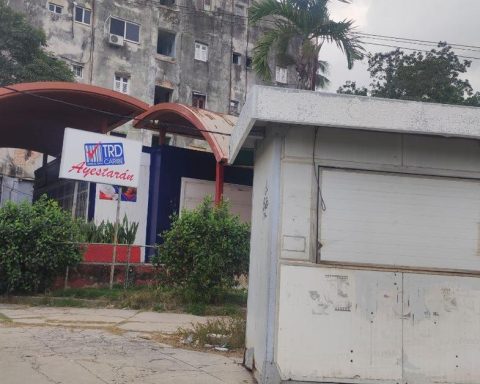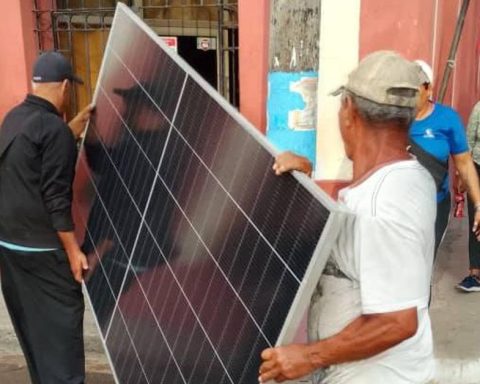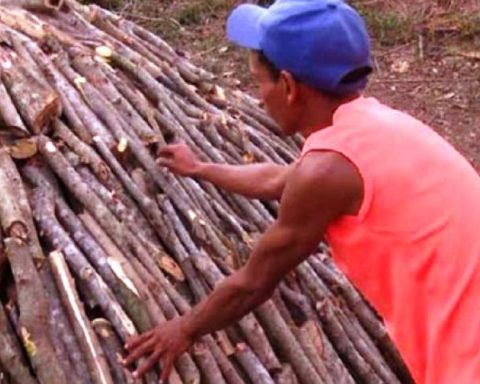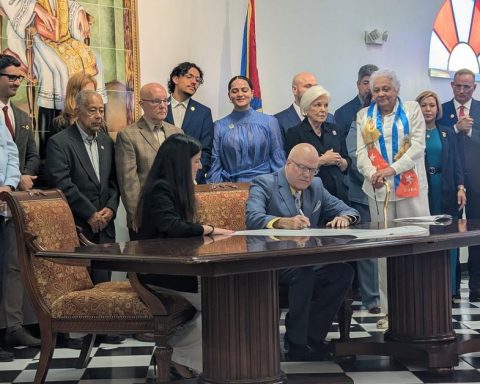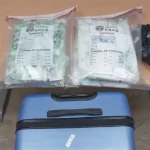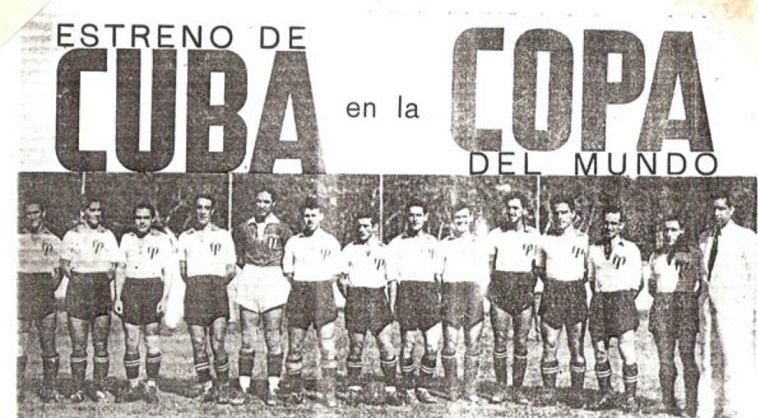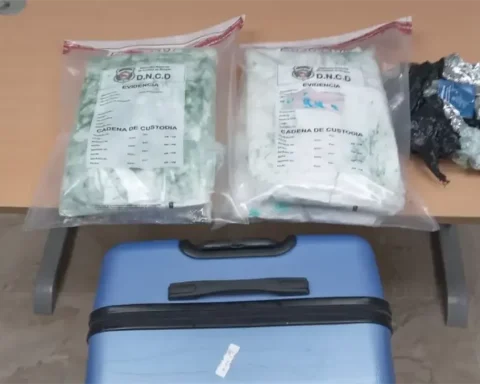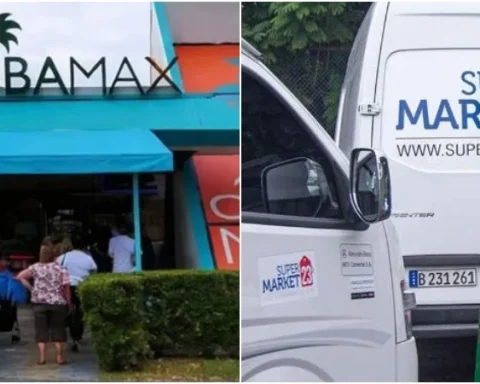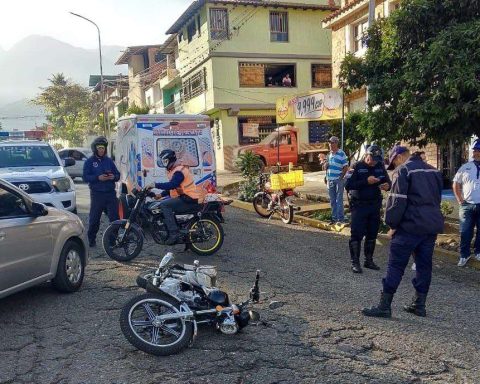Ricardo, 75, got up in high spirits that morning without imagining the unpleasant surprise that awaited him at the warehouse where he arrived to buy the November ration quota: “I cannot send you away because you are reported dead,” he explained. the employee after receiving the passbook.
Three days and many paperwork later, this Havana retiree was able to prove that he was still alive.
The grocer explained that he had to go to the Consumer Registry Office (Oficoda) with his identity card, his ration book and some evidence that he had not died. The scene looked like something out of a black comedy. The death of a bureaucrat (1966), but instead of happening on a movie screen, it took place in Havana in 2022.
“I went to the Oficoda and they repeated to me that in the register they keep my notebook was circulated for reason 1 and that is that I appeared as dead,” Ricardo told 14ymedio. “It was a very absurd situation, because how can you prove that you are alive, other than walking up to an official, talking and asking questions,” she ironically. “In the end I approached and asked the woman, do you smell death on me?”
Beyond Ricardo’s jokes, correcting the mistake took him a lot of time, paperwork, and having to postpone the purchase of his quota of rice, grains, and other rationed products. “While he was in the Oficoda, three more people arrived in the same situation. Two were presumed dead and the other as an emigrant,” he details.
Beyond Ricardo’s jokes, correcting the error took him a lot of time, paperwork and having to postpone the purchase of his quota of rice, grains and other rationed products
In 2018, the data digitization process began in the Oficoda. Although initially the authorities of the sector proposed this computerization as a possibility of speeding up and improving the procedures that are provided to the public, in reality its fundamental objective was to detect the cases of people who have died or who are abroad for a long time and whose relatives are still living. buying the rationed food that corresponds to them.
The obligation to remove the dead or emigrants from the ration book is not something so new. In Resolution 78 of the Ministry of Domestic Trade, of 1991, this procedure is imposed for those detained in prisons, nursing homes, permanently hospitalized or residing abroad for more than three months and have a term of between 10 and 60 days to be removed from the ration book.
But the regulations were barely enforced for decades, contributing to the existence of thousands upon thousands of “ghost consumers.” In 2021 alone, in the province of Ciego de Ávila, 15,000 of the 437,000 registered consumers no longer resided in the country, according to data from the Directorate of Identification, Immigration and Foreigners released by the official press. The phenomenon extends throughout the Island and has increased with the massive exodus of recent months.
With the economic crisis and the lack of liquidity that Cuba suffers to buy products abroad, the Oficoda have tightened the investigations to detect these ghost consumers. Digitizing your registry should contribute to this practice, but errors, getting carried away by unverified information provided by winemakers or other consumers, together with corruption, have left a wide margin for irregularities.
“I went to do a procedure at the Oficoda and when they entered the data of my family nucleus they detected that there was a duplicate of my notebook”
“They doubled my ration book,” Ángela, a resident of the Havana neighborhood of Luyanó, comments to this newspaper. “I went to do a paperwork at the Oficoda and when they entered the data of my family nucleus they detected that there was a duplicate of my notebook.” Until that moment, another person had been buying the bread and other regulated products that belonged to Ángela and her closest relatives, but no one had detected it.
“I don’t have a photocopier at home to duplicate the notebook, who did that?” the woman demanded indignantly. But the Oficoda employee responded vaguely: “It must have been an error in digitizing the record.” During the hour and a half that Angela stayed on the premises to rectify the problem, at least two more consumers arrived with similar problems. All of them were answered with the argument of data computerization.
Duplicating a ration book or making a consumer disappear because he presumably died is not a pure formality, it becomes a headache for the victims. This document, which has accompanied Cubans since as far back as 1962, has gained prominence in state commerce in recent years. Instead of disappearing, as the most optimistic predicted, it is now essential to present it to buy products that until recently were sold freely.
“Looking up dead not only prevents me from buying normal rice or coffee, but also limits me from buying a package of chicken quarters or a bit of powdered detergent,” warns Ricardo. Since that unfortunate morning, every time he wakes up he looks at himself, touches his chest, breathes and says to himself with relief: “I’m alive and I hope the Oficoda knows it too.”
________________________
Collaborate with our work:
The team of 14ymedio He is committed to doing serious journalism that reflects the reality of deep Cuba. Thank you for accompanying us on this long road. We invite you to continue supporting us, but this time becoming a member of our newspaper. Together we can continue transforming journalism in Cuba.
